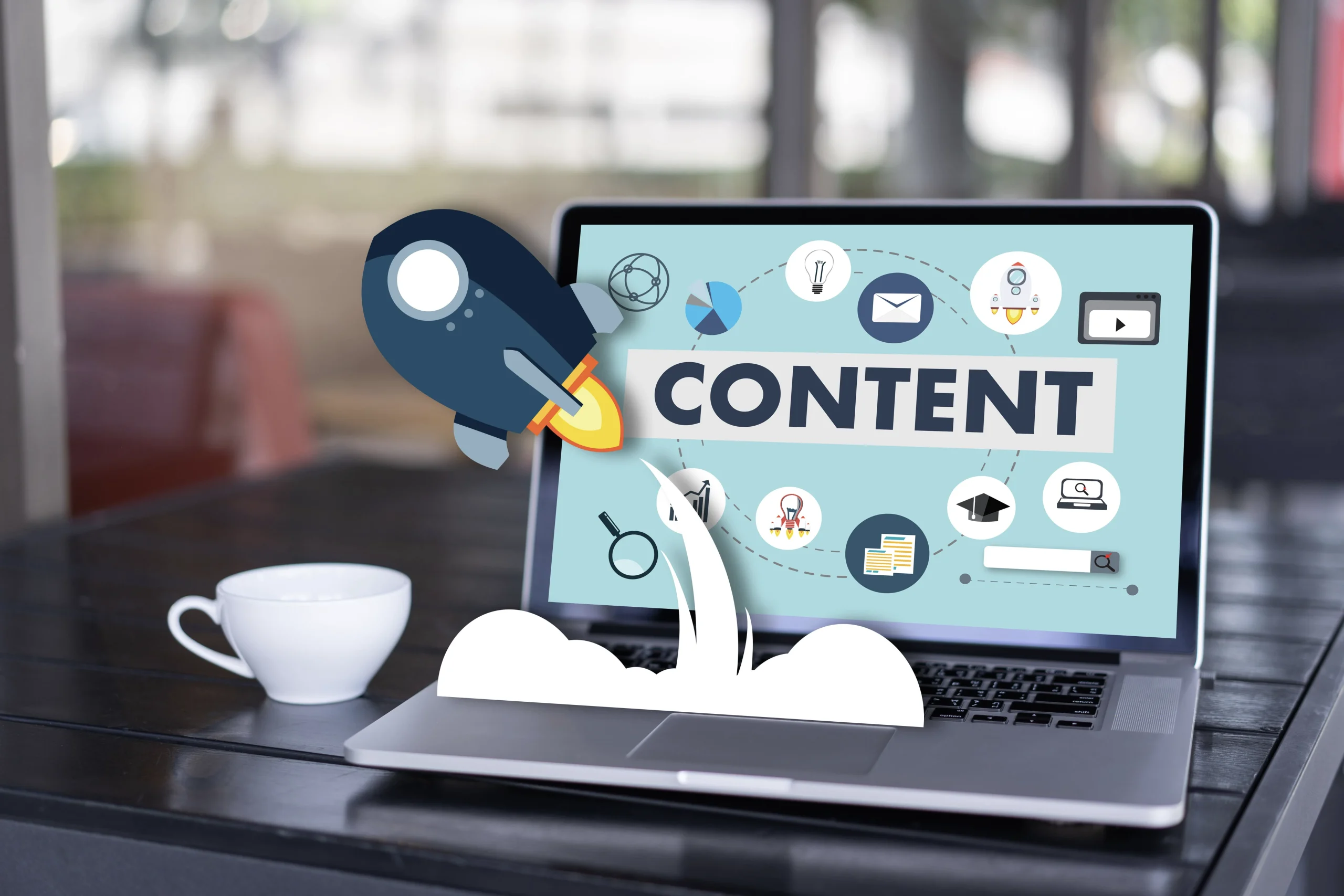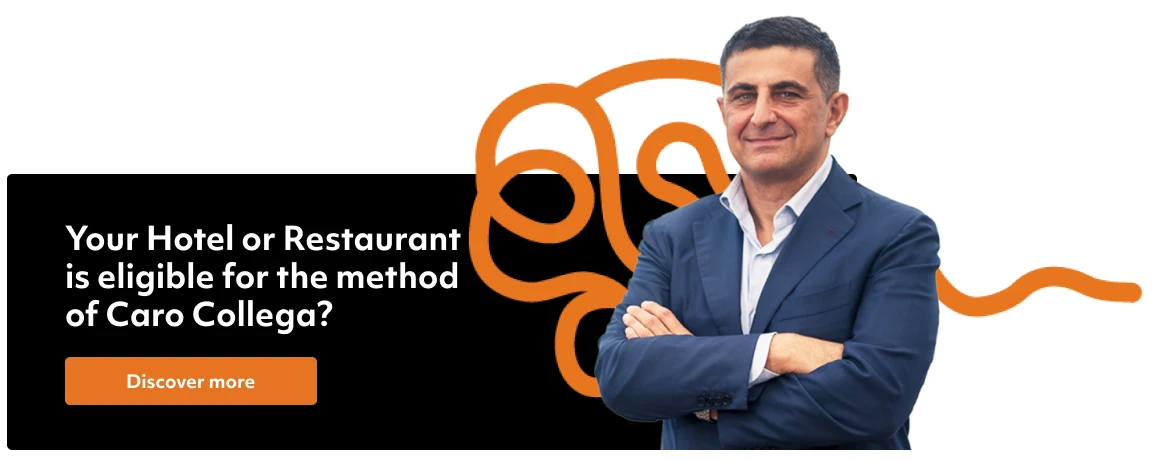This article is addressed to you, Caro Collega (dear colleague), who have either relied on external agencies to take care of your Hotel or Restaurant Marketing, or who have taken care of it yourself. Regardless of your choice, it is important that you remain focused on a few aspects, in particular 7 tips that the Caro Collega Dream Team has identified over the years.
Are you ready? Let’s look at them together.
In this article
- Goal setting, audience analysis and competitor analysis
- Channels to be covered and content marketing
- Analysing and optimising your strategy
Goal setting, audience analysis and competitor analysis
The first marketing tip for hotels or restaurants is to define SMART objectives, i.e. they must be:
- Specific: i.e. they must be well focused;
- Measurable: they must be able to be monitored;
- Actionable: they must be achievable;
- Relevant: they must be more important than all the others, otherwise there is a risk of losing focus;
- Time-based: i.e. they must be achievable within a certain time frame.
An example could be: in the next 12 months we aim to increase turnover from direct room sales by 25 per cent.
The second marketing tip for hotels or restaurants is to identify a target audience. This involves creating a real identikit of your potential customers.
To identify the target audience, demographic and psychographic (behavioural) analyses are useful.
Example: male, single, 40 years old, lives in Rome, profession: doctor, earns €100,000 per year. Likes to travel, loves dogs, likes classical music, goes out 3 times a week.
The third tip is to analyse your competitors. In this phase you have to analyse your competitors, identifying strengths and weaknesses. This will enable you to understand how to differentiate your company and position it in the minds of potential customers.
Example: after a careful analysis you might decide to differentiate yourself by offering the best morning breakfast, or a room service with gourmet dishes.

Channels to be covered and content marketing
The fourth tip we give you to increase your performance in hotel or restaurant marketing is to choose the channels with which to promote your business. Keep in mind that social media, email marketing, blogs, SEO or online advertising can provide completely different results depending on the target audience. Identifying the most suitable one is an iterative process where you should leave no stone unturned.
Example: if you have a hotel or restaurant, social is not necessarily the best channel to attract customers, so you could try a newsletter with monthly offers.
The fifth tip is to use content marketing for restaurants or hotels. Try to create photos, videos and texts that will be of value to your customers. Try to always follow the line drawn with the editorial plan and avoid posting videos and photos that are unprofessional or not relevant to your offer.
Example: if your strategy is to position yourself as a restaurant specialising in grilled meat, produce photos and videos related to this topic without going off topic. Your feed, your reels, your stories and your blog should be aligned.
Analysing and optimising your strategy
The sixth tip is to monitor and analyse your results. Use the Facebook pixel or Google tags and all the free tools available such as the Facebook business manager, Analytics and Google Search Console to measure the results of your efforts.
Example: bringing new customers to your website or your social media has a cost that you can minimise by measuring the strategies used. If it costs EUR 5 to acquire a new customer online today, it must cost less tomorrow and then less still.
The seventh and last marketing tip for hotels or restaurants: update and adapt your strategy: the digital revolution has accelerated change so you must always be up-to-date and above all follow the trends of your audience.
Example: if today you are acquiring new customers through an advertising campaign on Meta and you realise that the cost of acquiring each customer is increasing, try to see what happens on Google.
Article written by Giancarlo De Leonardo, Former Restaurateur and Hotelier and Founder of carocollega.com

